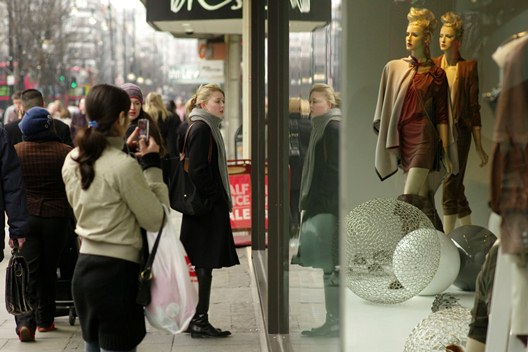UK slightly happier than last year

There were "small improvements" in personal wellbeing in the UK in the last year, according to the latest figures from the Office for National Statistics.
The proportion of people who rated their life satisfaction as seven or more out of 10 rose from 75.9% to 77.0%. There was also a slight increase in the percentage of people feeling that what they do in life is worthwhile, rising from 80% to 80.7%.
The number of people experiencing higher levels of anxiety fell from 21.8% to 20.9%.
There were variations in personal wellbeing between different population groups. People aged 45 to 49 rated their life satisfaction lower than any other age group, while younger people gave above average ratings for happiness and how worthwhile they felt the things they were doing in life were.
Black people gave lower life satisfaction ratings than any other ethnic group, 6.9 compared to 7.5 among white and Indian people.
The ONS said health, employment and relationship status were the biggest factors in personal wellbeing. It suggested that an improvement in the job market and several special events like the Queen's Diamond Jubilee and the Olympics last year played a part in boosting wellbeing.
"These events could also have potentially influenced people's assessment of their personal wellbeing in the 2012/13 period," the ONS said.
The latest figures showed that life satisfaction was highest among those who are married or are in civil partnerships, with an average score of 7.8 out of 10.
This was higher than for cohabiting couples, who reported an average of 7.6 out of 10, and considerably higher than single people, at an average of 7.2 out of 10. People who were divorced, separated or who had dissolved a civil partnership rated their life satisfaction the lowest, at an average of 6.8 out of 10.
The unemployed rated their life satisfaction significantly lower than employed people - 6.6 out of 10 compared to 7.6 for employed people.
Unemployed people also had significantly higher levels of anxiety than those in employment, with an average anxiety rating of 3.4 out of 10 compared to 3.0 for people in employment.
The ONS said more research was required to better understand the drivers of personal wellbeing at the national level, including understanding the impact of wider economic and social circumstances.











